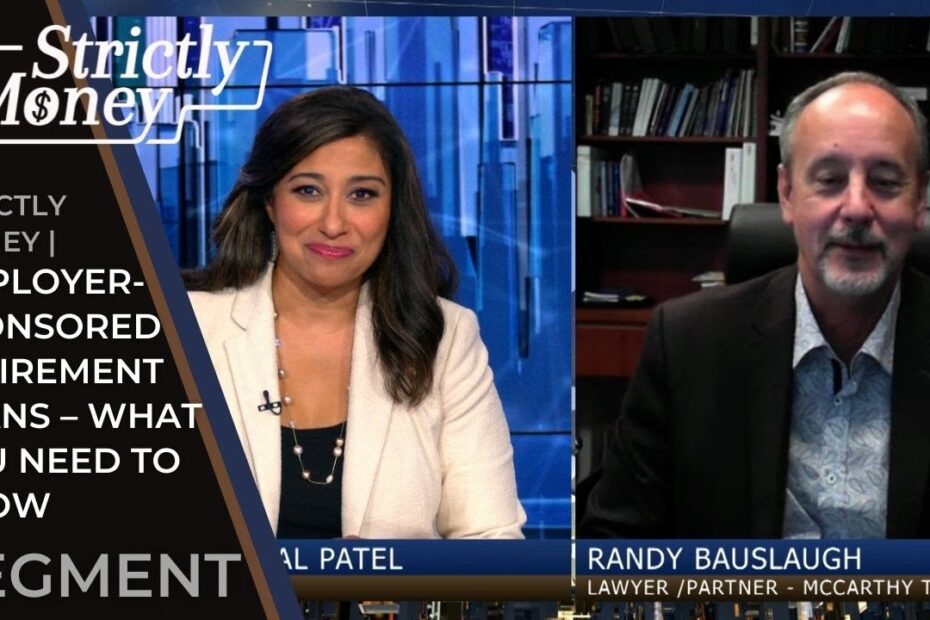What is an employer-sponsored retirement plan?
An employer-sponsored retirement plan is like your boss’s way of saying, “Hey, let’s not leave you eating ramen in your golden years!” Essentially, it’s a workplace perk where your employer sets up a savings scheme—think 401(k) or similar—to help you sock away money for retirement. These plans often let you contribute pre-tax dollars, which means you’re basically giving your future self a high-five while trimming your current tax bill. And here’s the fun part: your employer might even match your contributions, turning your savings into a hilarious game of “double or nothing” without the casino vibes.
But wait, there’s more to these plans than just stashing cash; they offer a buffet of benefits that make retirement planning feel less like a chore and more like a comedy sketch. For instance, employer-sponsored retirement plans can include features like tax-deferred growth, where your investments party without immediate tax interruptions. Here’s a quick rundown in list form:
- Employer matching: Free money added to your account if you contribute, like your boss high-fiving your wallet.
- Investment choices: Pick from stocks, bonds, or funds to grow your nest egg, turning pennies into potential punchlines over time.
So, whether you’re daydreaming about beachside bingo or mountain hikes, this plan is your trusty sidekick for that laugh-filled future.
What is the difference between a 401k and a 403b employer-sponsored retirement account?
So, you’re pondering the eternal showdown between a 401k and a 403b—two retirement plans that sound like they could be secret agents in a financial spy movie. Picture the 401k as the flashy corporate superhero, typically offered by for-profit companies to their employees, allowing pre-tax contributions that grow tax-deferred until retirement. Meanwhile, the 403b is like the understated nonprofit sidekick, reserved for workers at public schools, hospitals, and tax-exempt organizations, with similar tax perks but often tailored to mission-driven folks who might appreciate its slightly more flexible catch-up options for veterans in the field.
To spotlight the key differences without turning this into a snoozefest, here’s a quick rundown in list form:
- Eligibility: A 401k is for private-sector employees, while a 403b targets those in educational or nonprofit settings, making it the plan for the unsung heroes of public service.
- Investment Variety: 401k plans often boast a broader array of investment options like mutual funds and stocks, whereas 403b might lean toward annuities or conservative choices, keeping things steady for the long haul.
What is the most common employer-sponsored retirement plan?
When it comes to parking your hard-earned cash for that glorious retirement where you finally master the art of doing absolutely nothing, the 401(k) takes the crown as the most common employer-sponsored retirement plan in the United States. Picture this: your boss offers you a plan that’s like a magical piggy bank that grows over time, thanks to tax advantages and potential employer matches—it’s not just popular; it’s the rock star of retirement options, with millions of folks relying on it to avoid eating ramen in their golden years.
But why is the 401(k) everyone’s favorite? Let’s spill the beans with a quick rundown of its perks in this handy list:
- Tax benefits: Contributions reduce your taxable income, so you’re basically high-fiving the IRS while saving.
- Employer matches: Some bosses play matchmaker, adding free money to your account—talk about a workplace romance!
- Investment choices: Pick from stocks, bonds, or funds to grow your nest egg, because who doesn’t love a good gamble with potential rewards?
What are the disadvantages of a company-sponsored pension plan?
While a company-sponsored pension plan might sound like a cozy retirement hug from your employer, it can sometimes feel more like a prank where the punchline hits your wallet. Imagine relying on your boss’s financial wizardry—sure, it’s generous on paper, but what if the company’s fortunes tank faster than a bad stock tip? These plans often tie your future to the firm’s health, leaving you vulnerable to market whims or corporate missteps, which can turn your golden years into a game of wait-and-see that’s about as fun as watching paint dry.
To spell out the real buzzkills, here’s a quick rundown in list form:
- Vesting periods: You might need to stay glued to your job for years to claim full benefits, or risk losing out like forgetting your lunch in the office fridge.
- Inflation woes: Pensions don’t always keep pace with rising costs, so that nest egg could shrink faster than your enthusiasm for Monday meetings.
